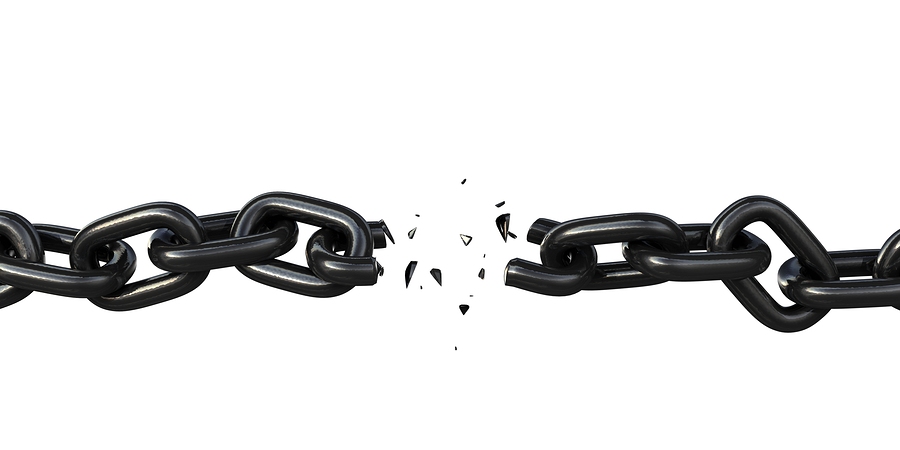No two people can agree on everything, but disagreements or arguments in your relationship don’t have to end with one or both of you angry or in tears.
 Here are some suggestions to make the bumps in your relationship a little less difficult and more satisfying relationship:
Here are some suggestions to make the bumps in your relationship a little less difficult and more satisfying relationship:
Create a code word-Very rarely when communication goes awry do both partners become angry at the exact same time. So create a code word to use when the conversation starts to get out of hand. For example, if voices raise and the conversation starts escalating in a negative direction, the less angry partner can say “timeout” (or another calming word or phrase that you both choose together) to stop the conversation in its tracks. One partner can say this word and remind the other that it’s time to pull the plug on the conversation, cool off and return to the topic at a later time when the conversation can be more productive. This way, it’s much less likely to turn into a full-blown argument.
You’re not a mind reader-And neither is your partner. Unless you express your needs, it’s difficult for someone else to know what they are. When you expect your partner to know how you’re feeling during a fight and what to do about it, you could be setting yourself up for failure— simply because you probably won’t get the response you were hoping for.
Don’t procrastinate- Many times when attempting to communicate turns into a fight, the actual issue never gets discussed. Perhaps one of you apologizes, the issue fades away and it’s never resolved. But the same issue will come up again and again if it’s never confronted. How do you typically avoid difficult conversations? Maybe you change the subject or walk away from conversations you don’t want to have; but the problem won’t go away on it’s own. How do you and your partner blow off discussing sticky issues? Have a conversation about this and together, agree to a strategy to get past it.
Two brains are better than one-If it usually feels like you’re on separate sides when trying to come up with a solution to a problem, it’s time to start playing on the same team again. Brainstorm solutions together without judging or analyzing them. Once you have a list of all your options, you can then discuss each potential option and make a decision together. Most importantly, talk through each solution until you get to a win-win.
Nothing is more toxic than blame-Be aware of yourself and the way you can change communication between you and your partner. Look at yourself objectively, remove all of the blame and then see if there are any things you typically do that don’t help solve a problem or discuss an issue. I offer more information on the crucial topic of reducing blame in my book Stage Climbing: The Shortest Path to Your Highest Potential.
Focus on what’s important-Forget the small stuff; and ask yourself, if this issue is going to be important in a week? A month? Or a year? Pick your battles carefully and discuss the things that are truly important to both of you for the long run.
Most of all, don’t lose sight of why you’re bothering to fight in the first place.
If it’s worth the energy to make a change in your relationship or voice your opinion, it means you’re invested in finding a resolution to the issue. Through ups and downs, it’s important to always keep in mind the parts of your relationship that you are fighting for. Working together to resolve issues before a fight gets out of hand can feel wonderful and be a delightful reminder of why the two of you make a great pair!
Michael S. Broder is a contributing blogger for JenningsWire.





